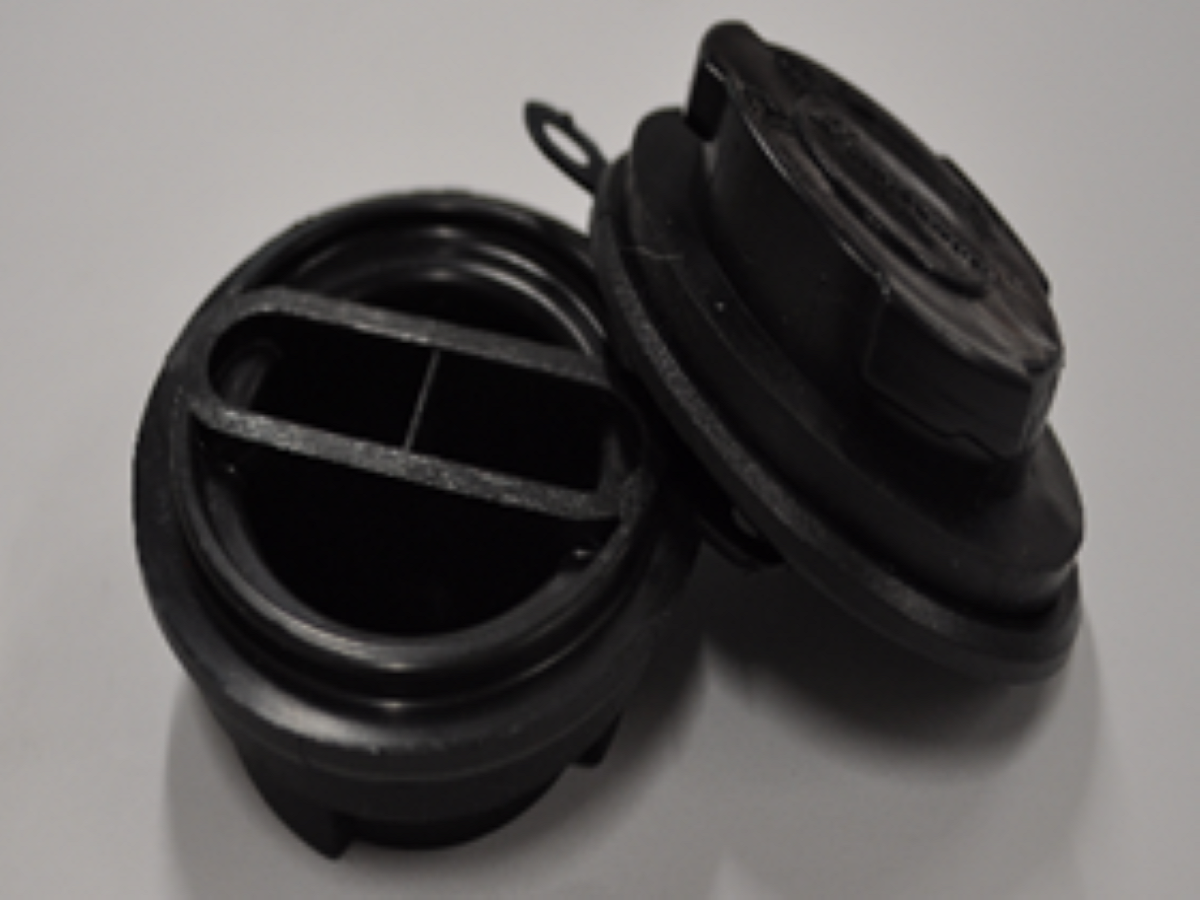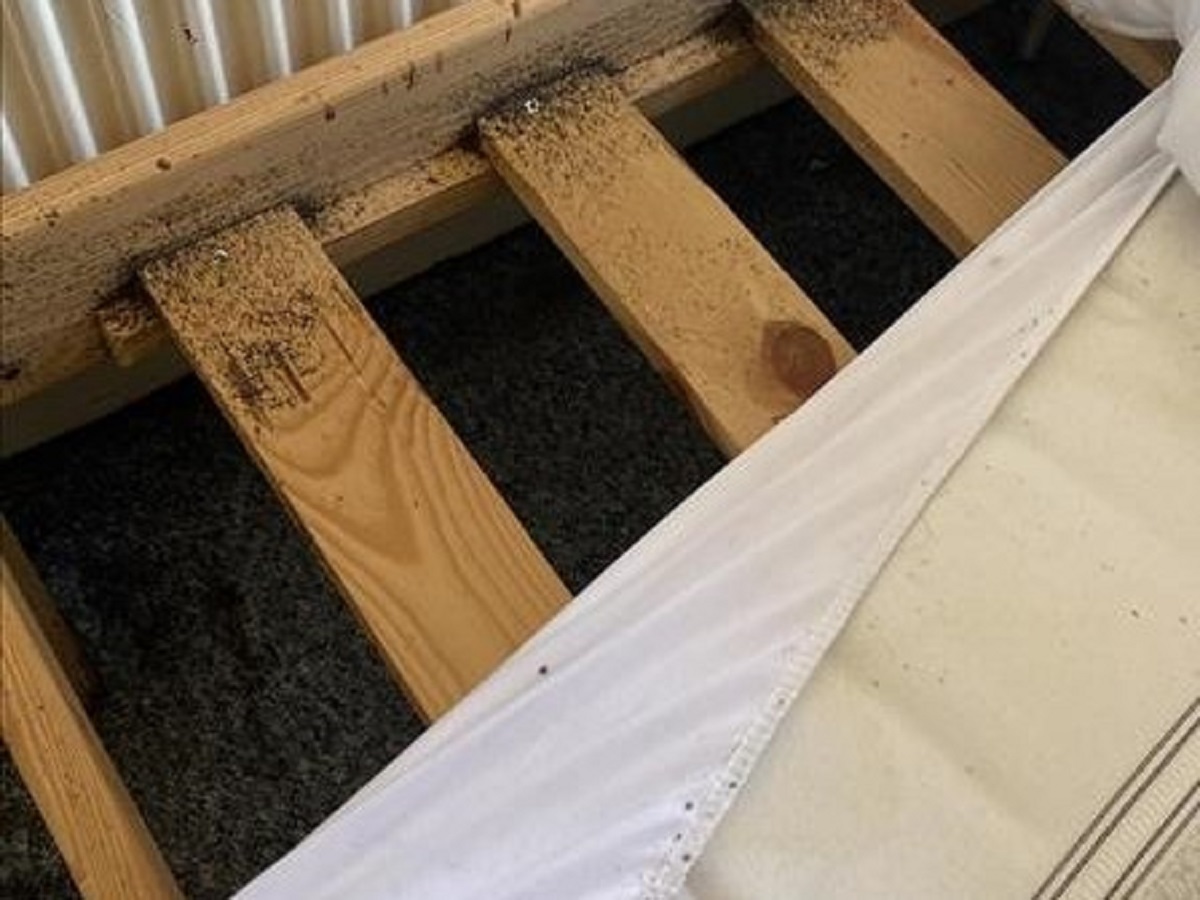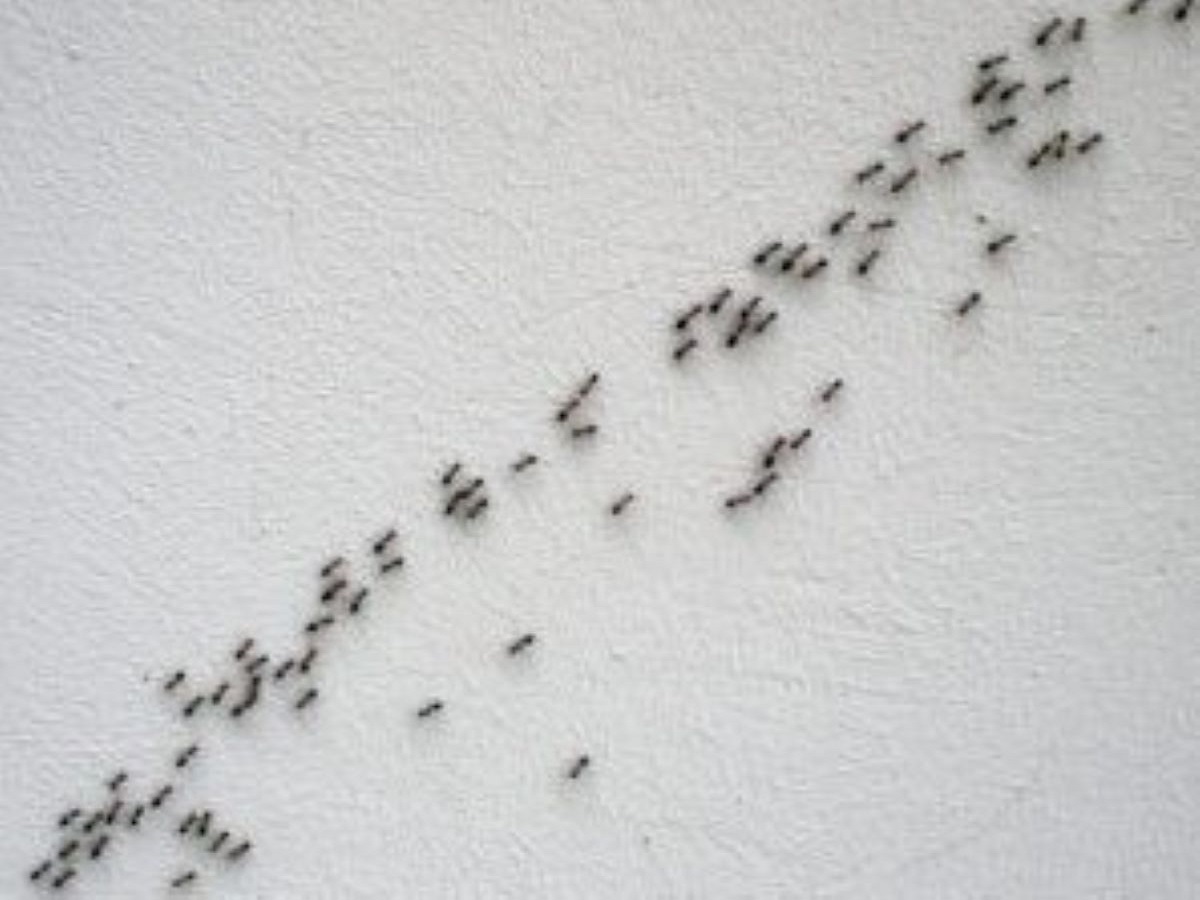About Pest UK
- pubs, restaurants and hotels
- school, college and university buildings
- farms and stables
- offices
- factories
- housing estates and apartment buildings
- shops
Pest problems we deal with
Mice and rats are prolific breeders year-round. The seek food and shelter in homes, restaurants, shops and offices, getting inside via the tiniest cracks or holes. Drains provide a perfect living environment for rats and they climb up through the pipes to enter a building.
Flies and cockroaches enter homes and business premises during the spring and summer in search of food. They are prolific breeders so an invasion of a couple of these pests soon becomes a huge infestation.
Bed bugs are very difficult to get rid of. People bring them into homes, offices and public places on their clothes or in their luggage. They can also be hidden in furnishings and clothing imported from abroad.
Fleas are brought inside by cats and dogs, and occasionally by humans on their clothes. They live in carpets and only move from the carpet to feed on animals or humans, leaving an itchy bite.
The larvae of clothes moths and carpet moths are massively destructive. A female moth lays up to 50 eggs which become larvae after a few days. They feed on wool and silk carpets, curtains, rugs and clothes. They are a problem year-round as centrally heated homes keep them active during the winter.
Birds such as gulls, pigeons and house martins roost and nest on buildings. They cause damage to roofs, solar panels and air conditioning units. Nesting materials block guttering and chimneys. They produce large amounts of droppings that smell unpleasant and are unsightly, carry diseases and corrode metals, stone and brick.
Solar panel proofing is a long-term solution to prevent pigeons roosting and nesting under the panels, preventing them causing damage that reduces their effectiveness.
Rodent proofing prevents rats, mice, squirrels, glis glis accessing a building. Ultimately it saves costs by stopping repeated call outs to pest control technicians to get rid of infestations.
Squirrels and glis glis find their way into loft spaces and cause lots of noise and damage by tearing up insulation and gnawing timber, pipes and wiring.
Wasps and honey bees often nest in chimneys, roof spaces and other cavities within buildings. Colonies can consist of thousands which are very noisy and if they’re disturbed they will sting.
Ants usually live in nests in the ground. They only invade properties in search of food, but they mostly travel in large numbers. Prevention is the best cure but because they can access a property via a tiny crack it is difficult to find how they’ve gained access.
Foxes are noisy and scream loudly at night, mark their territory with unpleasant scents and droppings, attack pets, dig up gardens and scavenge in bins. They carry disease such as mange which can be picked up by dogs and toxoplasmosis that causes blindness in children.
Ladybirds collect in huge numbers in the autumn to hibernate. They are a nuisance as there are so many of them and they secrete a yellow chemical which can stain walls, furniture and window frames
Rabbits cause damage to lawns and plants. It is a legal obligation that every occupier of land takes responsibility to prevent rabbits from causing damage.
Molehills usually appear in early winter and spring. This is when moles dig temporary shallow tunnels just below the surface of lawns and flowerbeds whilst searching for earthworms. They push up displaced soil in vertical tunnels which form the molehills.





